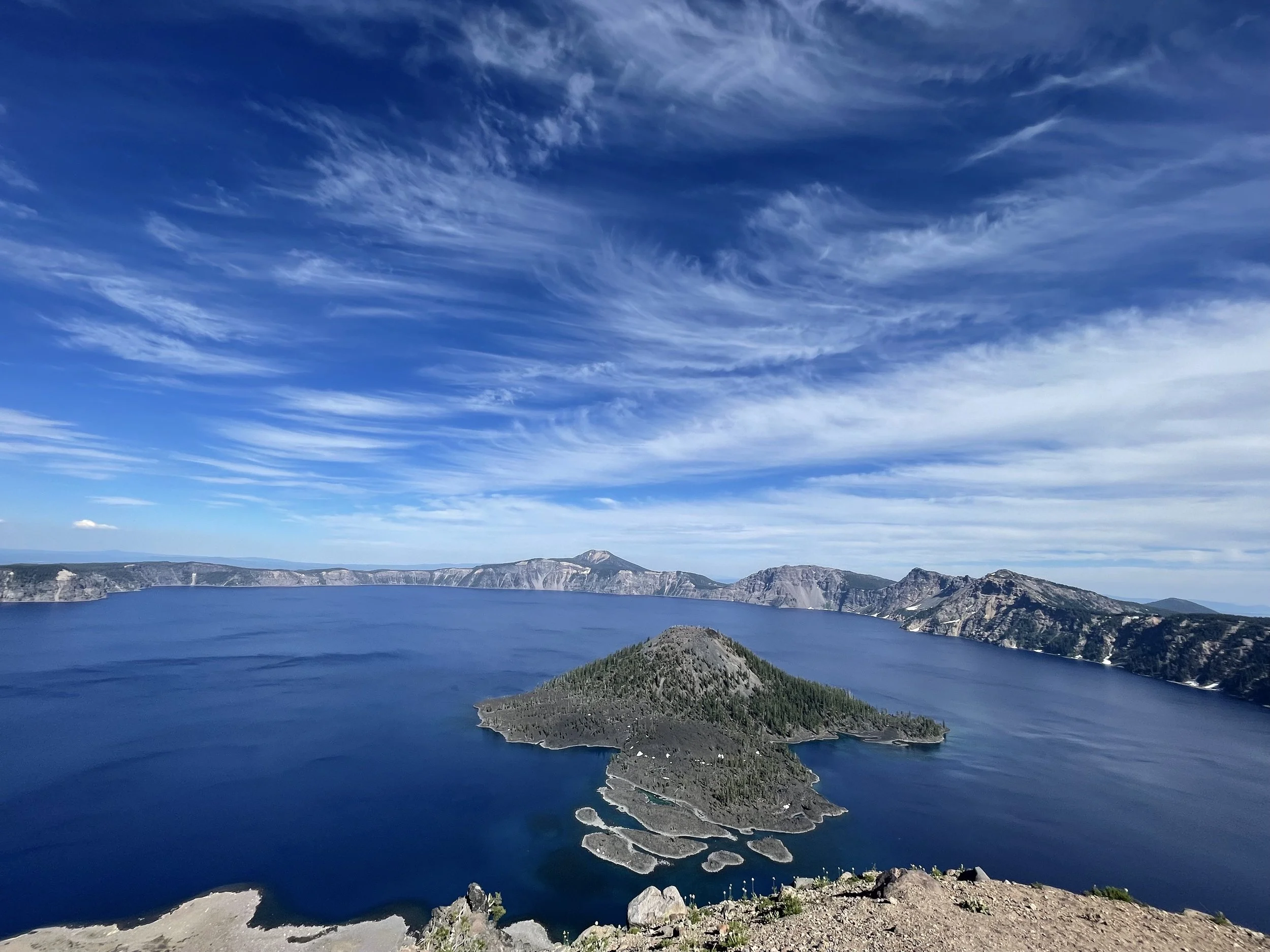Southern Oregon Land Acknowledgment
I am a settler living and working on unceded Shasta, Takelma, and Latgawa land. As a white settler, I continue to benefit from white settler privilege and am part of the continued harm done to the indigenous people of this land. I am doing what I am able to give back to those who experience continued harm by colonialism. Part of that is by giving monthly to FirstNations.Org. This is not reparations, this is a drop in the bucket.
Southern Oregon Land Acknowledgment
by Ana Maria DeLaRosa, adapted for Southern Oregon by Rev. Alison Duren-Sutherland
I invite you all to place your hand on your heart as you read these words.
Take a moment to ground yourself in a land acknowledgment – not as a function of ownership or reclamation, not as an empty exercise with no accountability – but rather as a continuation of our role as stewards. Thank the Indigenous and Native caretakers of the land you are on and from.
Klamath
Modoc
Yahooskin Paiute (yah-oo-skin pie-oot)
Shasta
Takelma (the T is pronounced somewhere between a T & D sound)
Tolawa Dee-ni’ (day-knee)
Cow Creek Umpqua
In this moment, with your hand over your heart, commit to personally taking whatever steps are necessary toward land reparations. To our native [siblings] we say, you are still here, we will not erase you.
Thank the African hands and bodies that have toiled the land... – a role forced on them originally through enslavement. Thank them for the seeds they brought over hidden and braided in their hair, seeds that still sustain us. Gratitude for the farming and stewarding wisdom we have inherited and continue to learn from. Acknowledgment that even before it became a state, Oregon’s white government sought to legally prevent Black people from living on this land. [The] blood, sweat and tears [of Black people]-- these too tell the story of place. In this moment, with your hand over your heart, commit to personally taking whatever steps are necessary toward reparations. Honor their memory in this moment, in humble gratitude.
Here in Southern Oregon, we must also acknowledge the contributions of Chinese migrants and immigrants, early settlers who came and lived on this land extracting mineral wealth and building the infrastructure of this nation, whose thriving communities came to an abrupt end when they were legally excluded from this land once their labor was no longer needed. In this moment, with your hand over your heart, commit to personally knowing the history of the Chinese ancestors of this place that white supremacy has sought to erase or deny.
Let us also give thanks to the many migrants and immigrants from Central and South America who work the lands of Southern Oregon today, whose labor on the land is so necessary for our agricultural economy, and who are yet so vulnerable to abuse by human traffickers, employers, and agents of the state because of inhumane immigration laws that deny their right to live and work on this land. With your hand over your heart, remember the truth that many of those with their hands in the soil of our home may not by law make their home upon it, and commit to personally making it safer here for those without papers.
Keeping your hand on your heart, take a moment to acknowledge that you too are land. You are the continuation of the story of place. Thank your body for the ways it holds your landscapes. Interrupt the belief that there is separation between you and nature, you are merely an extension. You are Land personified. To be stewards of the land includes protecting your heart as fiercely as you would the redwoods, a beehive, the ocean. To admit we are land means we commit to tending to each other as well. In this moment, with your hand over your heart, commit to personally taking whatever steps are necessary towards tenderly tending yourself and each other.

